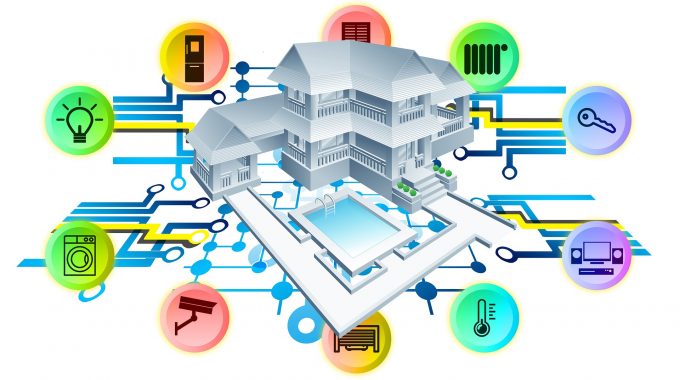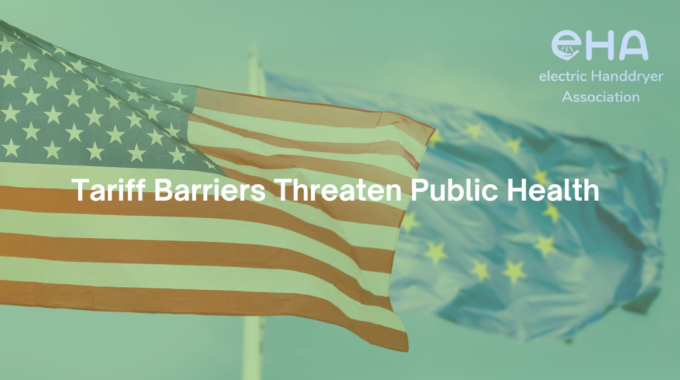New Global Trends in Commercial Restroom Design: Enhancing User Experience, Health, Sustainability and Savings.

EU works on Certification Program for Smart Buildings
EU works on Certification Program for Smart Buildings
What is a smart building? During the last decade, a lot of products, tools and integrated system solutions have been developed to make buildings smarter. But there is still no universal agreement on what exactly a smart building is. As this leads to confusion for all parties involved in the building sector – architects, manufacturers, planners, but also clients and customers – the European Union is trying to change that.
For that reason, the Commission started the Smart Readiness Indicator program in December 2018. The program, still in its preliminary stage, should clarify indicators and requirements, that allow to label buildings as smart. Currently there are three main aspects discussed: ability to adapt to user needs, energy efficient performance, and responsiveness to the electric grid.
The 2nd Technical Support Study (July 2019, Brussels) on the Smart Readiness Indicator gave new insights on what to expect. Thus the performance of several building services (f.e. lighting, electricity, electric vehicle charging, cooling, controlled ventilation) will be ranked in terms of various criteria: energy savings on site, maintenance and fault prediction, comfort, convenience for users, health and wellbeing, information for occupants, and energy flexibility. This ambitious approach to rank smart buildings is still only a draft proposal, that yet has to be revised and approved.
According to the meeting minutes from the latest stakeholder meeting in Oktober 2019, the next steps towards legal acts and successful implementation of the SRI include consultation with other relevant schemes and initiatives during 2020. “The implementing act will be discussed with the Energy Performance of Buildings Committee. At least two exchanges are planned in view of a vote that could take place around mid-2020. The delegated act which establishes the definition and calculation methodology will be discussed with the expert group of the Energy Performance of Buildings Directive. An impact assessment will accompany the legal acts.” (2. Stakeholder Meeting – Meeting Minutes, 9. Oktober 2019, Brussels).
If the Commission decides to proceed with the program, the Smart Readiness Indicator could be a great chance to raise awareness about energy-efficiency in buildings, increase demand of corresponding devices and stimulate innovations and investments. The eHA will carefully observe the proceeding of this program in order to analyze its effect on the hand dryer industry. As electric hand drying is a sustainable technology that promotes both energy-savings and customers comfort, it should clearly benefit from such a ranking tool.


